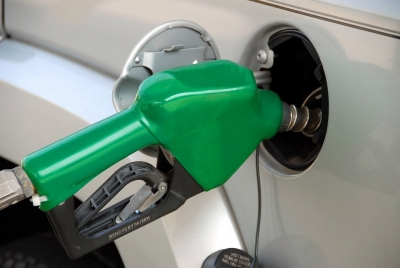The Shehbaz Sharif government has once again been caught between the devil and the deep sea. Almost immediately after the cash starved nation received the much-needed breather from the International Monetary Fund (IMF) along with financial assistance from Saudi Arabia and UAE, Pakistan’s petrol pump dealers have demanded a 5 per cent increase in their profit margins. While talks are on with the government on this issue, this essentially means that petrol prices will go up if Islamabad gives its nod.
The petrol pump dealers have threatened to go on strike if their demand isn’t met.
Why is this such a problem for Sharif and his team?
Amid stringent riders set by the IMF, which has recently approved a $3 billion bailout package through a Stand By Arrangement, it may be difficult for the government to bear this additional cost. The other option would be to pass on the price hike to the end consumers. But that would once again fuel inflation and given that the general elections are approaching, the incumbent government would definitely hesitate in doing so.
According to reports, the government has assured the petrol pump dealers of a hike in their profit margins. However, it is not agreeable to their demand of a 5 per cent increase.
The Pakistan Petroleum Dealers Association (PPDA) has said that the inflow of smuggled cheap petrol from Iran has led to a hole in pockets of the dealers. It even claimed that the government, despite being aware of the situation, has chosen to turn blind.
Tariq Hasan, a petroleum dealer in Pakistan told Arab News that “some of the oil marketing companies’ sales had dropped by 40 percent mainly due to the sale of Iranian diesel.”
“The financial position of the companies is very tight due to 30 to 40 per cent drop in their sales and squeezing margins,” the news organisation quoted him as saying. “This is one of the reasons why Shell decided to exit Pakistan,” he said.
Last month, Shell Pakistan announced its exit from the South Asian nation after 75 years. Earlier car manufacturer Honda also announced halting operations.
Amid the economic crisis, investors are wary of coming into Pakistan. In the financial year 2022-23, inflow of foreign direct investments (FDI) into Pakistan fell by 25 per cent to $1.43 billion compared with $1.93 billion in FY22.
Also read: Pakistan’s high power tariffs may shut down businesses as IMF conditions bite




















